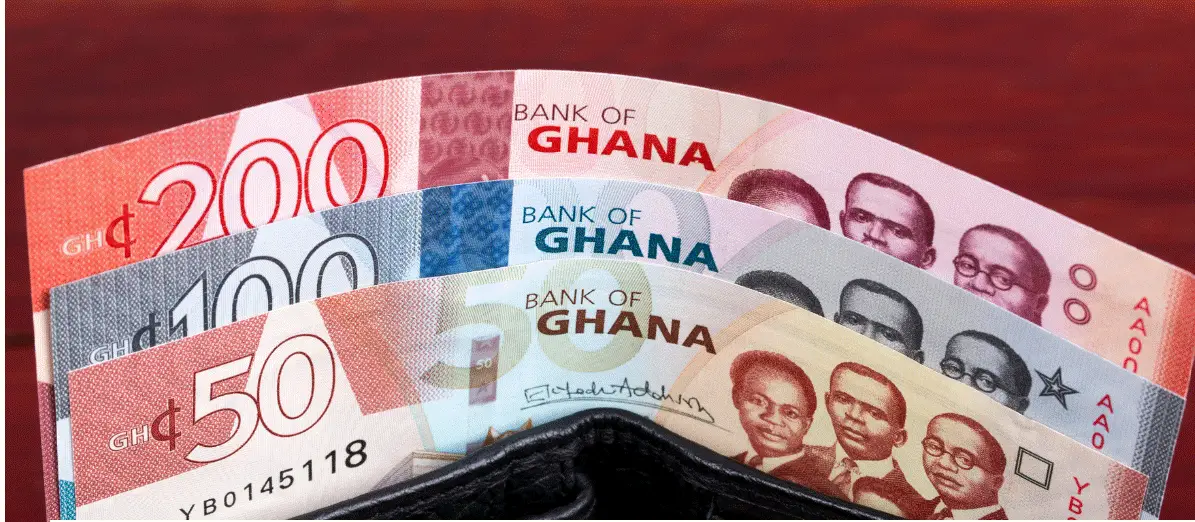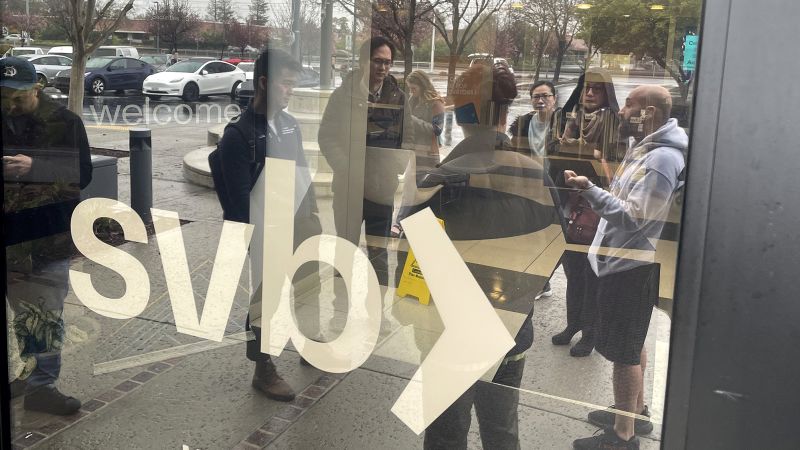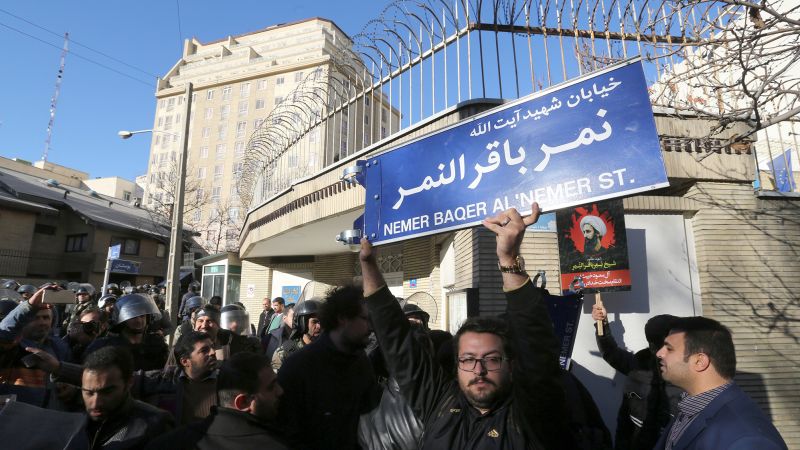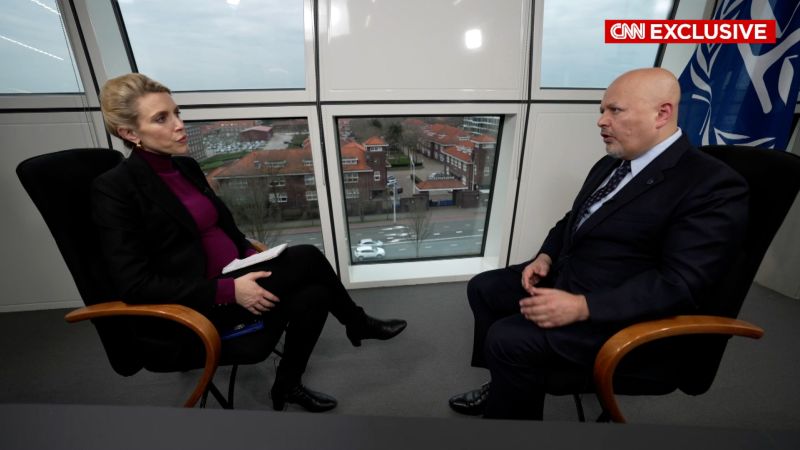Two Australian women and four children have escaped a Syrian detention camp and made their own way home to Victoria, as pressure mounts on the Australian government to repatriate its citizens.
The two women and four children – the Guardian is not revealing their names or ages – escaped from the notorious Al-Hol detention camp in north-east Syria, travelling more than 500km to cross the Lebanese border, where they were able to obtain Australian documents in Beirut.
They underwent identity and security screenings in Beirut, the Guardian understands, before travelling to Australia by commercial flight last week.
There are about 40 Australians – most of them children – held in detention camps in north Syria. They are the wives, widows and children of slain or jailed Islamic State fighters.
About 34 Australians – 14 women and 20 children – have been held in the Roj camp near the Turkish border, most since 2019. Some of the children were born in the camp, and know no life outside it. A smaller number of Australians are understood to have been held in the Al-Hol detention camp nearer to Iraq.
None of those in the camps has, at this point, been charged with a crime or faces a warrant for arrest.
Sources with knowledge of the five Australians’ passage home say the informal and ad hoc escape to Beirut endangered the children and that the women had been arrested in Lebanon when trying to cross the border. Those sources argue that government-sponsored and -controlled repatriations are far safer, allowing for support services to be put in place for those returning, and for security services in Australia to be prepared for the returns.
Advocates have consistently argued that Australian citizens held in the camps have a right to return to Australia, and that organised repatriations are better for all involved: leaving women and children to make their own way through an unstable Syria is dangerous for those travelling and leaves government services less prepared for their arrival in Australia.
Conditions in the Syrian camps are dire, with widespread hunger, disease, and outbreaks of violence. A recent US state department report described a “volatile security” situation and a “health emergency”.
“Unicef reports services within the displaced persons camps are limited and overstretched and shelters inadequate, with flooding and fires making life dangerous. Save the Children reports displaced youth experience complex, severe trauma and mental health problems and that psychological treatment is inadequate. Many children in the camp have no family, making them particularly vulnerable to Isis radicalisation and recruitment.”
Human Rights Watch describes conditions in the camps as “life-threatening”. Al-Hol camp, holding 30,000 people - more than half of them children – is regarded as particularly chaotic and violent.
For years, the federal government has been under increasing pressure from families, lawyers, and advocacy groups to repatriate its citizens. The government has undertaken two, limited, repatriations: in 2019, eight orphaned children, including a pregnant teenager, were repatriated to NSW, and in October 2022, four women and 13 children were brought back, also to New South Wales.
A federal court challenge from Save the Children to compel the government to return its citizens failed, with the court finding there was no legal obligation on the government.
But, the full bench of the court did find: “if the commonwealth has the political will to bring the … women and children back to Australia, on the evidence before the court, it would be a relatively straightforward exercise”.
One woman who was returned in the second repatriation, Mariam Raad, faced charges of entering Syria’s al-Raqqa province while it was under the control of the Islamic State. She pleaded guilty, and was discharged conditionally, without a conviction.
The US, which funds the bulk of security operations across north-east Syria, through the Kurdish-led Syrian Democratic Forces, wants countries like Australia to take their citizens back, and is even offering to help repatriate third-country nationals.
A report to Congress from the state department, argued: “the only durable solution to the acute humanitarian and security challenges in the detention facilities and DP camps is repatriation. That is why the United States encourages all countries to repatriate their nationals from north-east Syria, and why the United States assists in such repatriations on a case-by-case basis.”
This year, the US has publicly announced it has assisted other countries, such as Tanzania and Austria, in repatriating their citizens. The US has previously offered to assist Australia in repatriating its citizens from the detention camp, but state department officials have refused to comment on whether there is a standing offer to help Australia.
An Australian government spokesperson said Syria was becoming “increasingly unstable”.
“The Australian government is not providing assistance and is not repatriating individuals in Syrian displaced persons camps.
“If any of those people find their own way to return, our security agencies are satisfied that they are prepared and will be able to act in the interests of community safety.”
The spokesperson said the Australian agencies had “been monitoring these individuals for some time”.
“We have confidence in our agencies.
“Our travel advice continues to advise Australians do not travel to Syria due to the dangerous security situation and threat of armed conflict, airstrikes, terrorism, arbitrary detention and kidnapping – as it has been since these Australians travelled there.”
The NSW deputy police commissioner, David Hudson, told a parliamentary estimates hearing in September that NSW police was “still working through the issue” of government-sponsored repatriations with the federal government.
“I don’t think the repatriation is imminent,” Hudson said.
A Victoria Police spokesperson said police were aware Australian citizens in Syrian camps may look to return home.
“Where required, Victoria Police works closely with state and federal agencies to facilitate the re-integration of women and children who return to Victoria from camps in Syria.”









 English (US)
English (US)